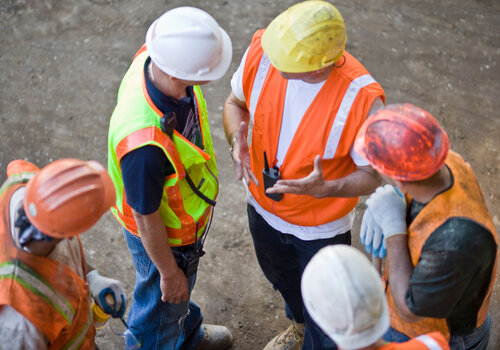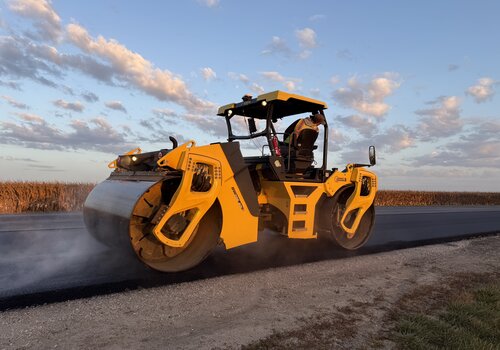The construction industry is undergoing a technological revolution, with artificial intelligence (AI) and machine learning (ML) leading the charge. These technologies are transforming traditional workflows, enhancing efficiency and improving safety on construction sites. This article explores the applications of AI and ML in construction, providing insights for construction workers and business owners.
ENHANCING SAFETY AND COMPLIANCE
One of the most significant applications of AI in construction is enhancing safety and compliance. AI-powered systems can monitor construction sites in real-time, identifying potential hazards and ensuring compliance with safety regulations. For example, AI algorithms can analyze images from site cameras to detect workers not wearing safety gear or identify unsafe practices. Being proactive helps prevent accidents, ensuring a safer working environment.
OPTIMIZING PROJECT MANAGEMENT
AI and ML are revolutionizing project management in construction. Tools like Procore and ALICE Technologies use AI to optimize scheduling, resource allocation and cost estimations. These tools analyze vast amounts of data to provide insights that help project managers make informed decisions, reducing delays and budget overruns. For instance, ALICE Technologies uses AI to simulate different construction scenarios, allowing managers to choose the most efficient plan.
IMPROVING DESIGN AND PLANNING
Generative design, powered by AI, is transforming the way construction projects are designed and planned. This technology uses algorithms to generate multiple design options based on specific parameters, such as materials, budget and site conditions. Autodesk's generative design tools, for example, allow architects and engineers to explore innovative design solutions that optimize space, cost and sustainability. This not only enhances creativity but also ensures that the final design is efficient and cost-effective.
AUTOMATING REPETITIVE TASKS
AI-powered robots are increasingly being used to automate repetitive and physically demanding tasks on construction sites. Robots like those developed by Built Robotics can perform tasks such as excavation, grading and site preparation with high precision and efficiency. These robots are equipped with AI algorithms that enable them to navigate complex environments and perform tasks autonomously, reducing the need for manual labor and speeding up project timelines.
ENHANCING QUALITY CONTROL
Another area where AI is making waves is in quality control. AI-powered systems can analyze data from sensors and cameras to detect defects and ensure that construction work meets the required standards. For example, Doxel uses AI to monitor construction progress and quality in real-time, identifying deviations from the plan and alerting project managers to potential issues. This helps maintain high-quality standards and reduces the risk of costly rework.
PREDICTIVE MAINTENANCE
AI and ML are also being used for predictive maintenance of construction equipment. Receiving and analyzing data from sensors built into the machinery, AI algorithms can predict when equipment is likely to fail and schedule maintenance—all before a breakdown happens. In this case, being proactive minimizes downtime and extends the lifespan of equipment. Companies like Caterpillar are using AI-powered predictive maintenance solutions to keep their machinery in optimal condition.
ENHANCING SUSTAINABILITY
AI plays a critical role in promoting eco-friendly practices, in line with sustainability concerns across the industry. AI algorithms can analyze data to optimize energy use, reduce waste and select sustainable materials. For example, AI-powered tools can recommend the most energy-efficient building designs and materials, helping construction companies reduce their carbon footprint. Additionally, AI can monitor and manage the environmental impact of construction activities, ensuring compliance with sustainability standards.
AI and ML are transforming the construction industry, offering solutions that enhance safety, optimize project management, improve design and planning, automate repetitive tasks, ensure quality control and promote sustainability. As these technologies continue to evolve, their impact on construction will only grow, making them essential tools for construction workers and business owners in 2025 and beyond.
Photo credit: ISTOCKPHOTO.COM/IPOPBA












